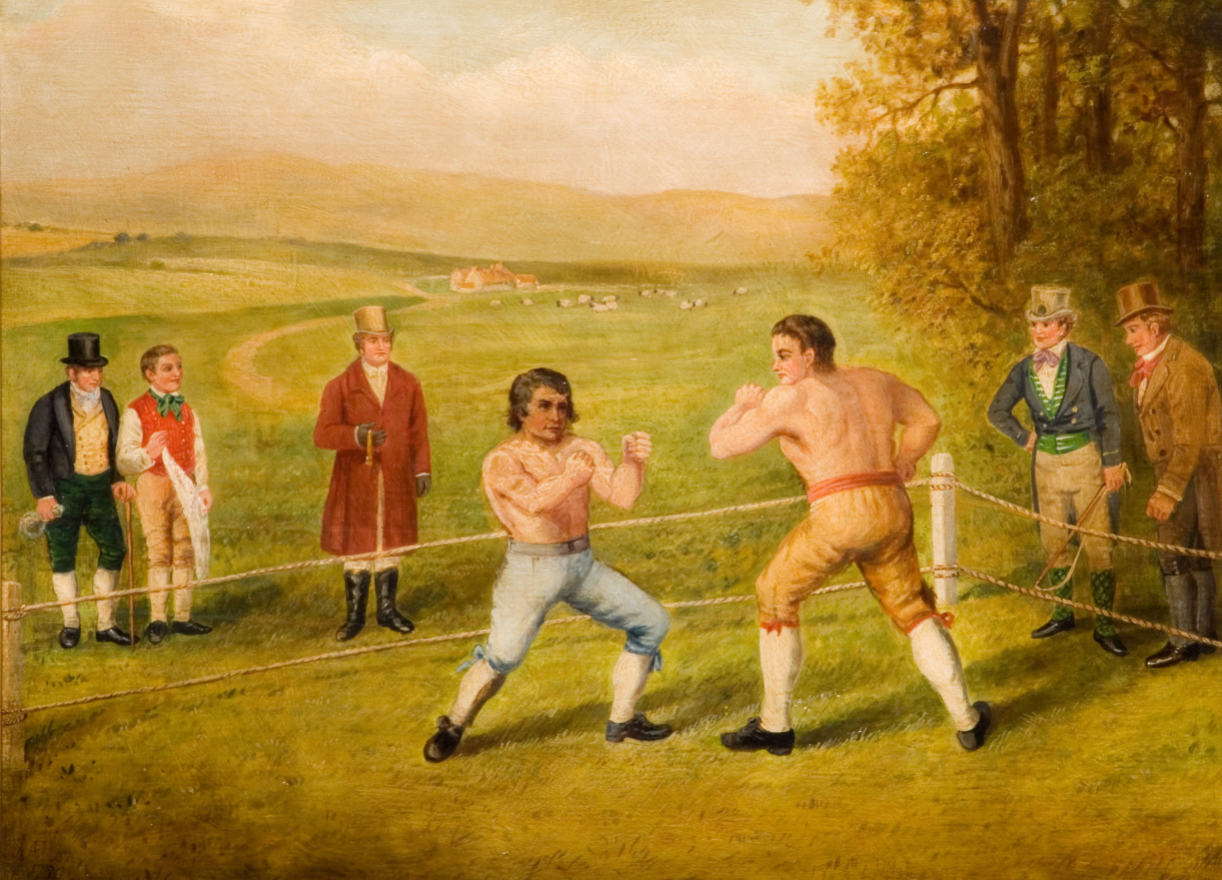April 2022

Doctor vs Doctor
If you’re getting your PhD, you’ve probably had to clarify at some point that “no, I’m not a real doctor…” As I am getting my doctorate in biomedical science, people still ask if I plan to be a physician.
Unfortunately, I have committed my life to keeping up with Grey’s Anatomy—yes it’s still releasing new episodes. I was excited this season because they introduced a scientist with a PhD. They have no interest in treating patients, and in one episode they even talked about why that character chose to get a PhD: the highs and lows of scientific thought and research, the joy of discovery, the agony of protracted results. It resonated with me, even down to scheduling 15 minutes to freak out about a failed experiment before returning to work. They even had to clarify that they never wanted to become a medical doctor, something that seems unfathomable to those who have devoted their lives to that goal. It was exciting to see a little piece of my life represented in a show so well.
Fast forward to a more recent episode where another character mentions having a PhD. One of the surgeons quips, “But I bet I have more training than you!”
I wonder—why is there competition? The surgeon who said that, and surgeons in general, literally have human beings cut open on their operating tables every day. I HOPE they have more training than I do in gross physiology and operating techniques. I HOPE they have extensive knowledge that they can recall quickly and under pressure, as well as emergency protocols memorized in case things go wrong. That’s what we want from our medical doctors, physicians, surgeons.
But we are experts, too. The training it takes to earn a doctorate is extensive, I just never want someone’s life to be in my hands. What I do want is for the research that I do to help medical doctors be better at their jobs. I hope that my research on blood flow in the heart answers important questions and is rigorous enough to provide solid, foundational evidence. If we slack in our laboratories or fail to fully question, evaluate, and criticize our own research and that of our peers, how have we done our job well? The research we do in our labs leads to development of new pharmaceuticals, new materials, new equipment. Precision expertise with the small, hyper-specific level of PhD work can lead to a fully vetted body of work that is useful to public and to other scientists, even to medical doctors.
Both professions are obviously important and obviously different. The only reason there is comparison or competition at all is a matter of semantics—why do we have the same name, and what does it even mean?
I took Latin in high school for precisely this moment. The word “doctor” is derived from the Latin word “docere”, which means “to teach”. For me, this takes me to a Roman forum, philosophers in crisp white togas walking and teaching the young men with them the philosophies of life. Asking tough, rhetorical, and philosophical questions. Wondering about the origin of life, the purpose of life, the meaning of life. In a time where barbers, instead of dentists, pulled teeth, these men had created a community to think and to understand, and their ideas had to stand firm against questioning from intelligent peers to gain credence. Sounds like a PhD to me.
Over time, use and meaning of the word “doctor” has evolved. Today, being a doctor can mean one of two things:
1. You’re qualified to practice medicine. A medical doctor. A practitioner
2. You hold a doctorate degree-the highest degree conferred by a university. Accepted by other experts as an expert.
At the end of the day, doctors are experts that just happened to share the same name. My name is Kalen, and I have met Cailyn, Kaelynn, Caelin, Kalyn, and more.
My brother once dated a girl named Kaylynn Johnson, which felt weird since that is literally my name, but it reminds me that a million people could share my name and it wouldn’t change who I am. People named Matt understand this from an early age—this name’s been commonplace since Biblical times.
Competition comes from two or more parties wanting the same limited resource. Trust me, I don’t want patients and I know you don’t want to spend five years doing moderately successful experiments for little pay in a little room by yourself. I know that when someone asks if there’s a doctor nearby that they don’t mean a PhD. What we really compete for is for people’s respect that we are experts in our respective fields. Respect does not have to be a limited resource—no competition necessary!